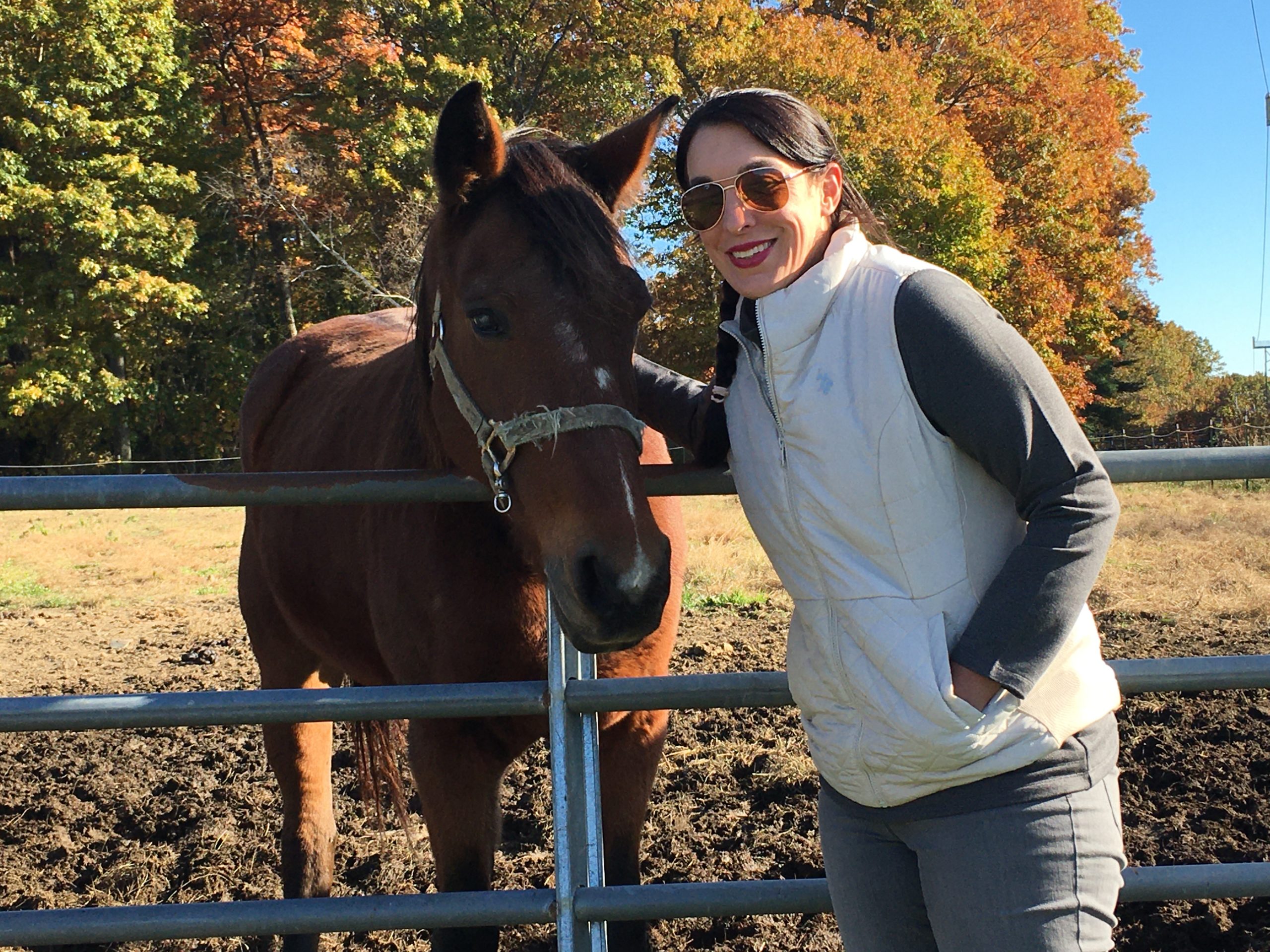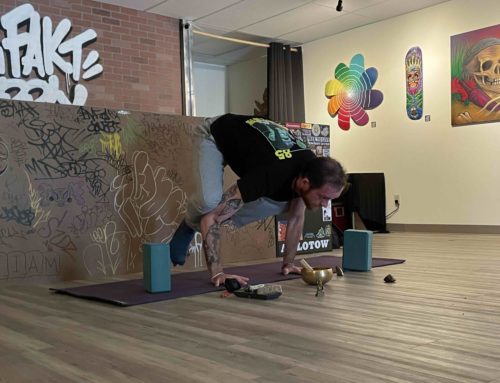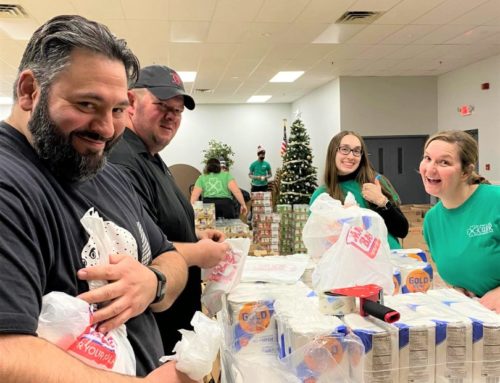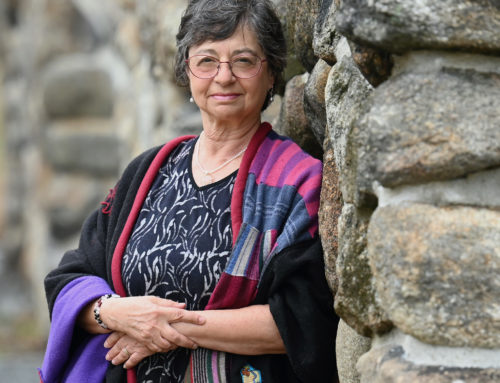LANCASTER — Lindsay Jordan’s new home is more than a place to raise her family, it’s also a rescue farm for a variety of animals, including horses, pigs, bunnies and even ducks.
After moving to Lancaster from Hudson with her husband and two children in April 2020, the Jordans transformed their backyard from a corn field into a farm. They also revealed a small orchard after cutting away at a tangled mass of overgrowth on some apple trees.
The rescue farm that stands today is called Little Bear Stables. Presently, Jordan houses seven rescue horses, several bunnies, a pig and chicken. She has non-rescue animals as well, including goats and chickens.
Little Bear Stables is self-funded; however, Jordan is in the process of applying for 501(c)3 status. Right now, the farm offers farm tours, apple/pumpkin picking, and pony rides to the public.
“We try to take anything that needs a home even if it’s just for us to find them a better home,” said Jordan, who added that the goal of her farm is to “rescue, rehab and rehome.”
However, at least two of Jordan’s rescue horses are not “re-homable” in her opinion. One’s a “cranky old” male and the other is a half blind mare, the duo may not be the most agreeable pair, but they’re companions who stick together in the back stable. Jordon plans on keeping them indefinitely.
Most of the horses Lindsay has rescued so far came from kill pens down South, specifically Happy Healthy Horses Hoping for Homes in Batrop, Louisiana. Jordan’s rescue pig came from Pigsburgh Squealers Rescue in Pittsburgh, PA, the bunnies and chicken were donated to her from people in the area who needed to rehome them.
“The kill pens down South advertise on Facebook, so all of the horses they are trying to get rid of, pretty much anyone can follow the page and if you are interested, just message the page, and ask how much,” explained Jordan.
The kill pens buy sick, old, and otherwise unwanted horses cheap at auction and sells them for $300 or $400 more than they were purchased for. Those that don’t get picked up are shipped out to Mexico or Canada where they’re killed.
Jordan hopes her farm will get the word out to Americans that just because the slaughter doesn’t happen in the U.S., that doesn’t mean that horses from the country are not being killed.
“I think a big part of it as well if just spreading information, advocating for them [the horses] because I don’t think a lot of people know that these things still happen to horses just because it doesn’t happen in the U.S., they are exported to Canada and Mexico where the slaughter happens,” said Jordan, who added that as many as 400,000 horses are exported from the country each year for slaughter.
If you are interested in learning more about Little Bear Stables, please go to https://www.littlebearstables.com/.







Leave A Comment